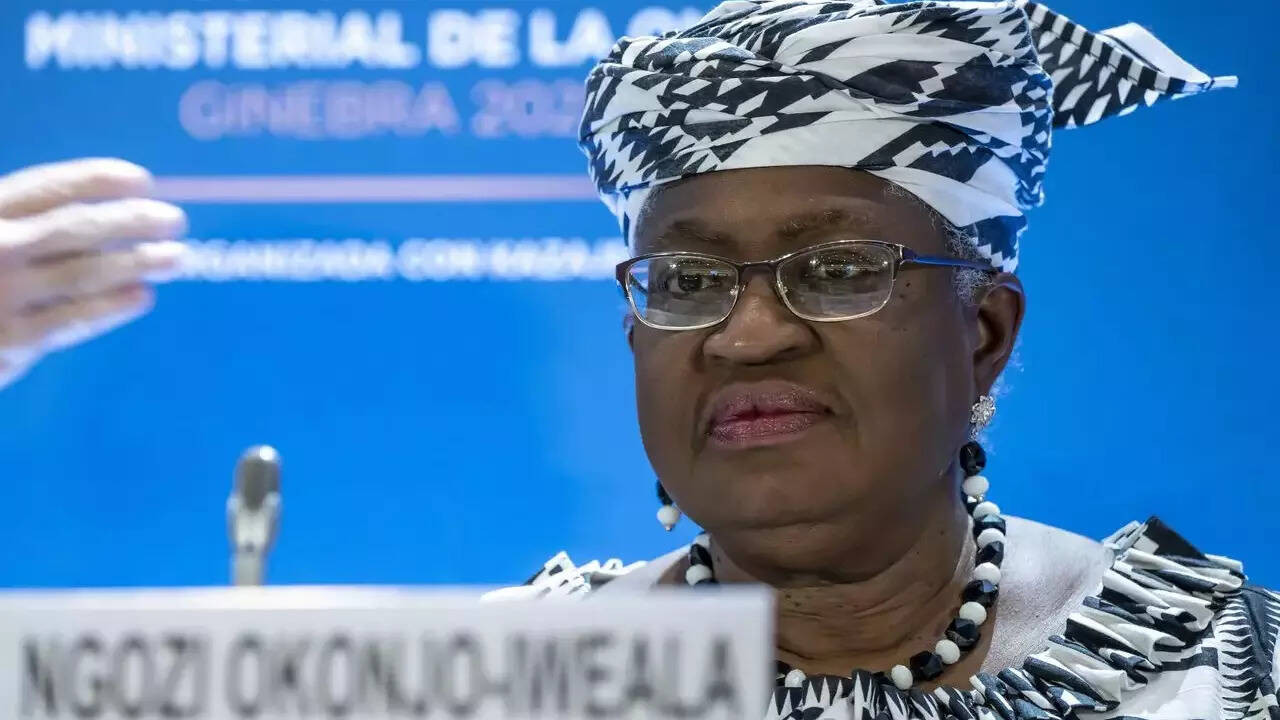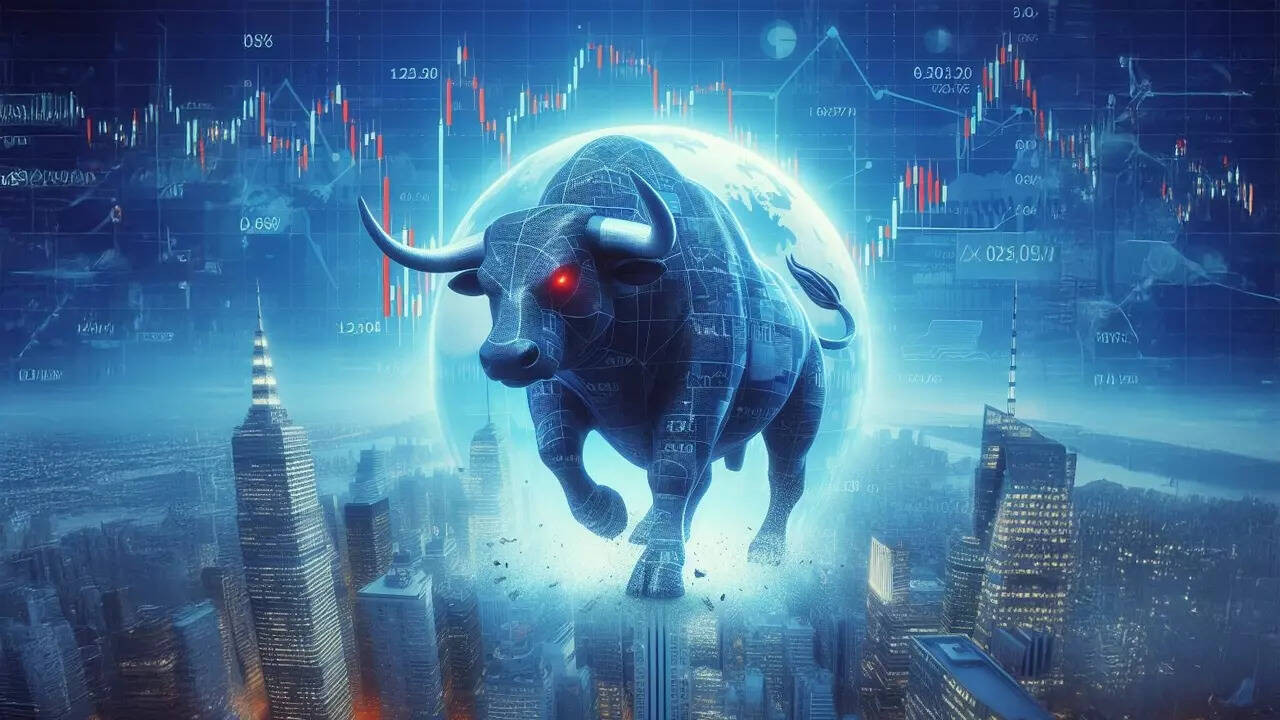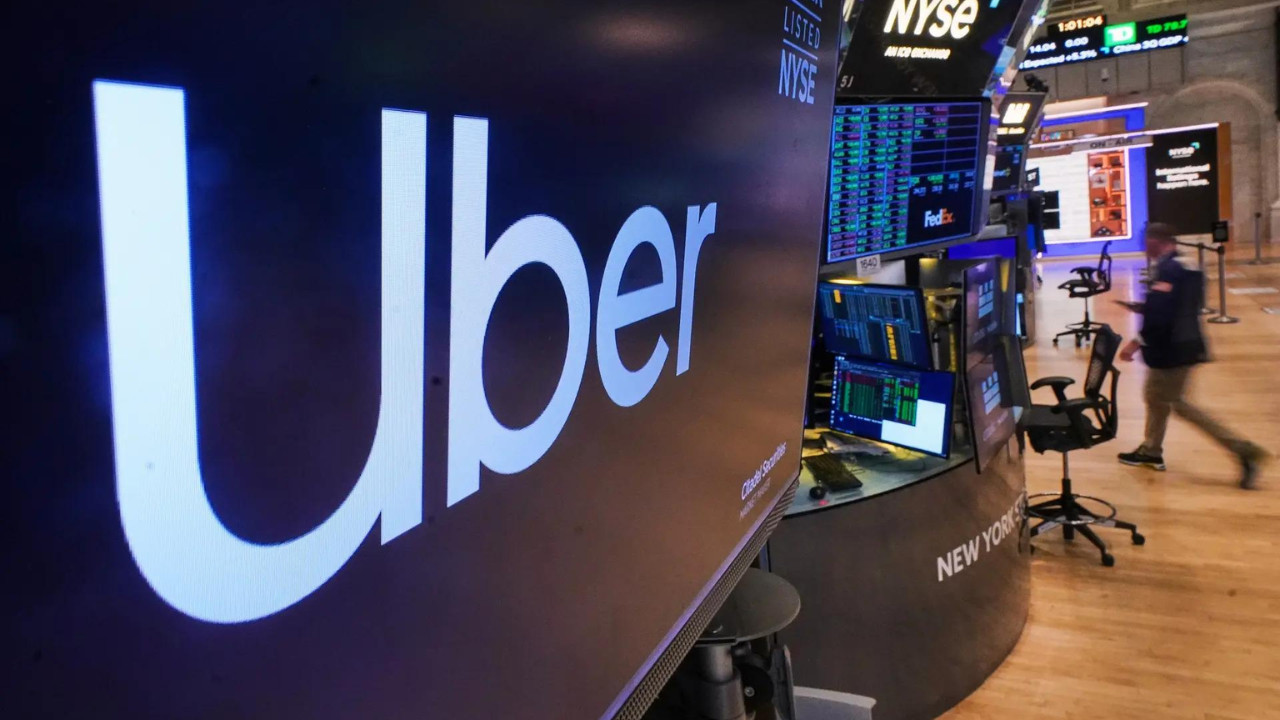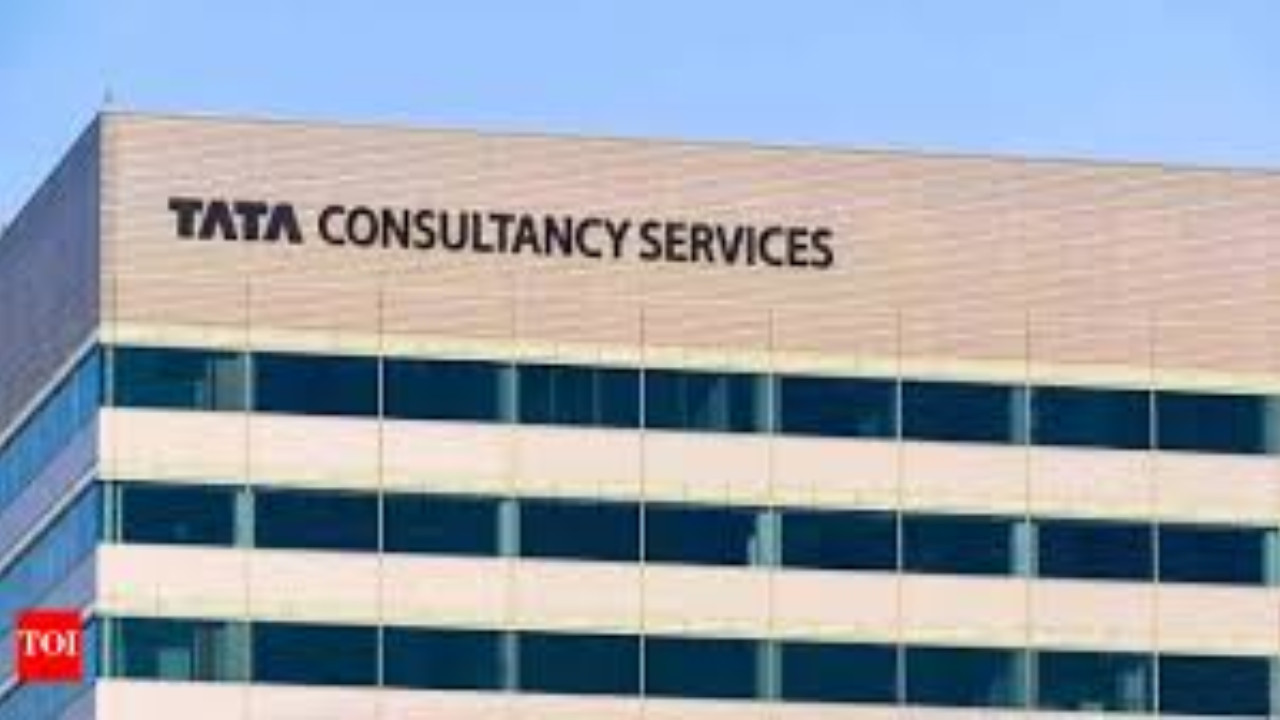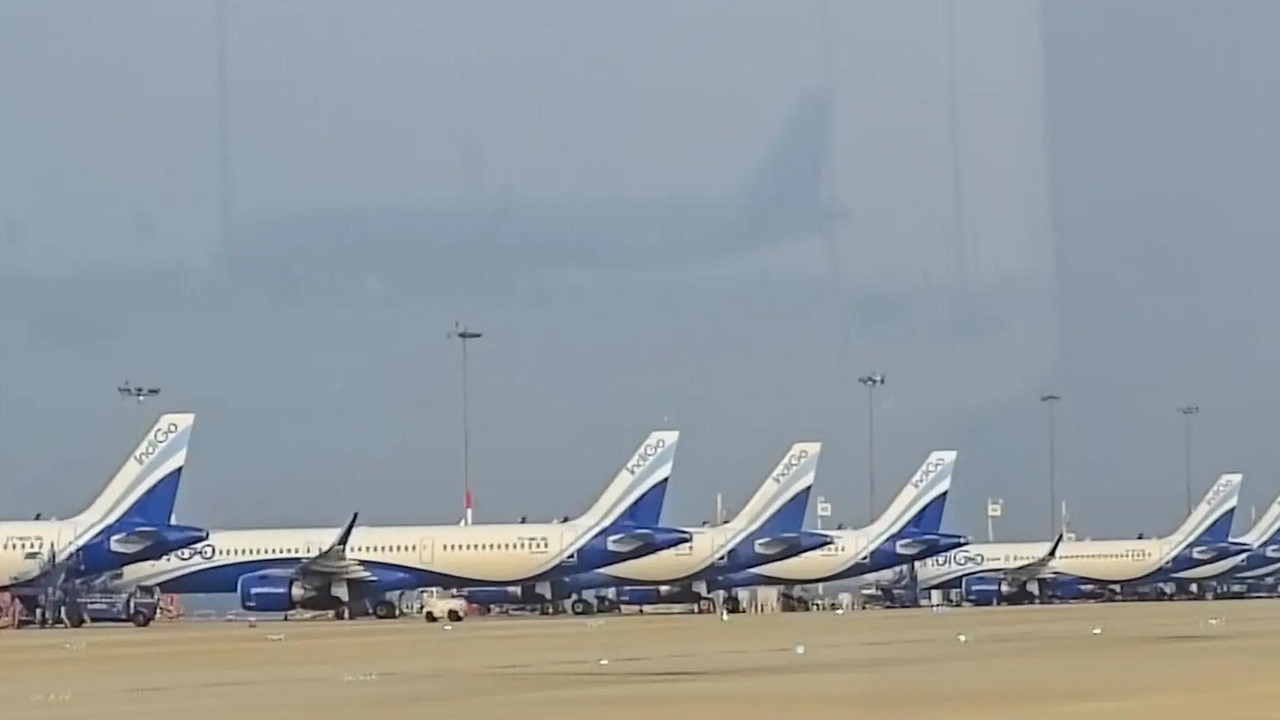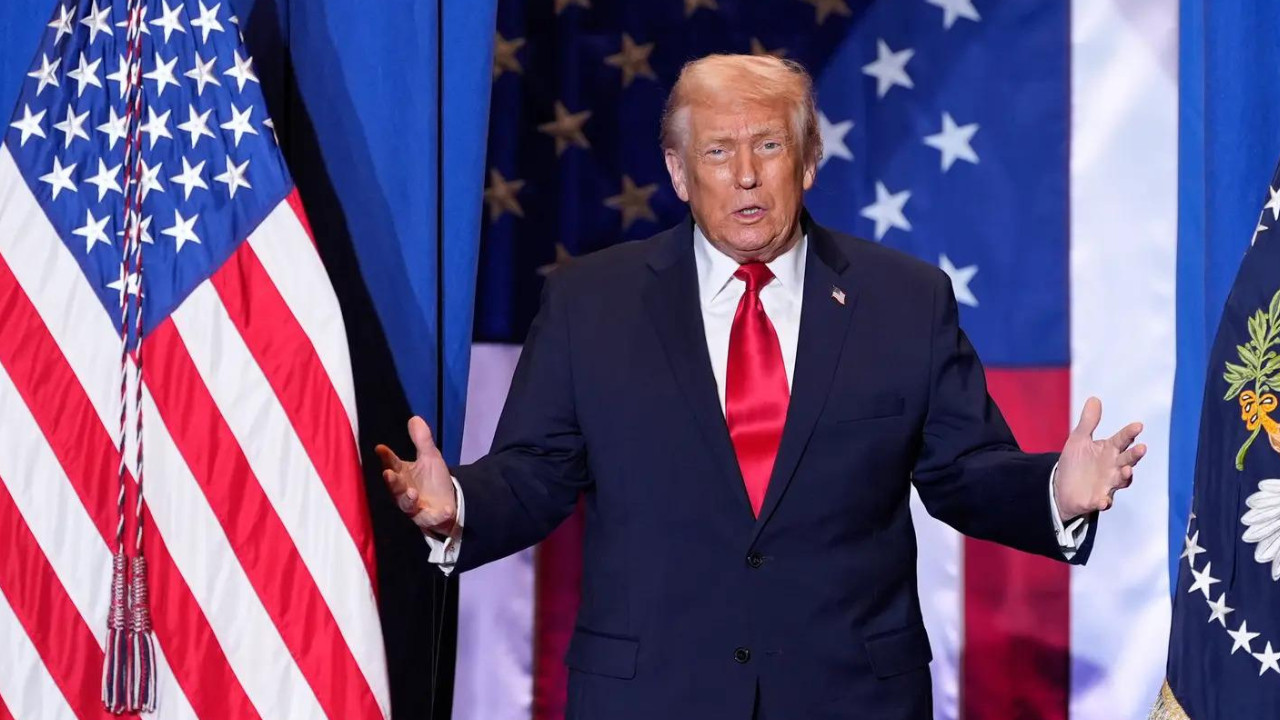WTO chief Ngozi Okonjo-Iweala acknowledged disruptions to the multilateral trading system and urged India to support China-backed investment facilitation, despite India’s opposition. She emphasized India’s leadership role for the upcoming MC14, particularly in agriculture, while highlighting the need to address India’s concerns in that sector. Reform discussions are anticipated at the mini-ministerial meeting.
India’s WTO Gambit: Levelling the Playing Field or Shuffling the Deck?
Alright, let’s talk trade, but not in that dry, sleep-inducing way. I’ve been following the buzz around India’s recent moves at the World Trade Organization (WTO), and it’s sparking some seriously interesting debate about global fairness, development, and, let’s be honest, power dynamics.
The core of the matter? India is essentially pushing for a more open and equitable playing field for developing nations within the WTO’s often-labyrinthine rules. They’re arguing that the current system, while theoretically designed to promote free trade, often ends up disadvantaging countries still climbing the economic ladder. Think of it like this: imagine trying to compete in a marathon when some runners are starting miles ahead with top-of-the-line gear, while others are lacing up worn-out sneakers at the starting line. Not exactly a level playing field, is it?
Specifically, India’s advocating for changes that would allow developing countries greater flexibility in implementing trade regulations and accessing resources to support their growth. This could mean things like extended deadlines for compliance with certain WTO agreements, or increased access to technical assistance and funding to help them develop their industries.
Why now? Well, the global economic landscape is shifting. We’re seeing a rise in protectionism in some quarters, coupled with the increasing economic clout of nations like India and other emerging economies. India’s position, as I see it, is that the WTO needs to adapt to this new reality or risk becoming increasingly irrelevant. A multilateral system that doesn’t address the concerns of a significant portion of its members is a system teetering on the brink.
The argument makes sense on the surface. For decades, the rules of the game have been largely dictated by developed nations, and while that might have worked in a certain era, it’s increasingly clear that the global South deserves a stronger voice. Think about it: a farmer in a developing nation struggling to compete with heavily subsidized agricultural behemoths in the West. Is that really fair competition? India’s proposal aims to address these systemic inequalities, and that’s a laudable goal.
But, as with anything involving international trade, there are complexities layered upon complexities. Some argue that India’s proposals could create loopholes that could be exploited, potentially hindering genuine free and fair trade. They worry about the possibility of protectionist measures being disguised as developmental initiatives, ultimately distorting markets and harming other developing nations that are playing by the existing rules.
There’s also the question of definition. Who decides which countries qualify as “developing”? The criteria can be subjective and open to interpretation, and there’s a risk that some countries might try to exploit the system to gain unfair advantages. Imagine a relatively wealthy nation claiming “developing” status to access preferential treatment – that wouldn’t exactly inspire confidence in the system, would it?
Furthermore, some developed nations might see India’s push as a power grab, an attempt to reshape the global trading order in its own favor. International relations are always a delicate dance of diplomacy and self-interest, and it’s likely that these proposals will be met with resistance from countries that feel their established position is being threatened.
So, where does this leave us? Well, the debate is certainly heating up, and I expect to see some intense negotiations in the coming months. The outcome will likely depend on India’s ability to build consensus among other developing nations and to address the concerns of those who are skeptical about its proposals.
Ultimately, this is about more than just trade. It’s about the future of global cooperation, the balance of power in the 21st century, and the kind of world we want to build. A world where everyone has a fair chance to prosper, or one where the rich get richer and the poor stay poor? India’s WTO gambit is a crucial piece of that puzzle, and it will be fascinating to see how it plays out. I’m personally hoping for a solution that genuinely promotes inclusive growth and creates a more equitable global trading system. But, as always, the devil will be in the details, and the road ahead is likely to be paved with compromises and tough decisions. Let’s keep watching.
📬 Stay informed — follow us for more insightful updates!
